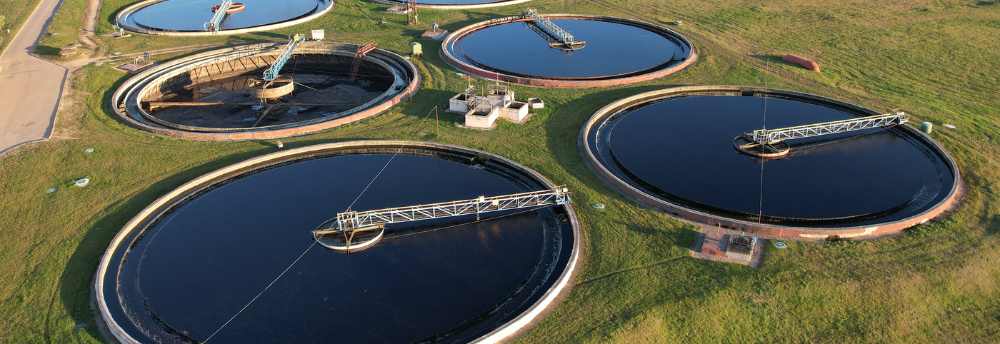Rethinking Wastewater: How AI is Changing the Game in MENA’s Water Labs

In the water-stressed Middle East and North Africa (MENA) region, wastewater has long been viewed as a problem to be treated and disposed of. But what if it could become a valuable resource—and what if artificial intelligence (AI) could unlock that transformation?
That’s exactly what the e-ReWater initiative is aiming to do. Led by the International Water Management Institute (IWMI) and backed by Google.org, this ambitious project is bringing cutting-edge AI tools and satellite data to the task of improving wastewater reuse in Egypt, Saudi Arabia, and the UAE.
And for laboratory professionals across the region, this isn’t just a cool tech story—it’s a call to action.
What Is e-ReWater?
At its core, e-ReWater is an AI-powered platform that does three key things:
- Maps wastewater sources using satellite imagery and remote sensing.
- Assesses the quality and availability of wastewater for potential reuse.
- Analyzes where and how reuse makes economic sense—especially in agriculture and industry.
It’s a fusion of AI, geospatial analysis, and environmental science, all rolled into one tool that’s designed to help decision-makers and investors make smarter, more sustainable choices.
Where Do Labs Come In?
Here's the exciting part: this isn’t just happening in the cloud or on a dashboard. Water labs are essential to making it all work.
- Validation: Lab-based testing of wastewater parameters is critical to calibrate and verify what AI models are predicting from satellite data.
- Monitoring: Reused water still needs to meet rigorous quality standards—something only physical lab testing can ensure.
- Collaboration: Lab teams are becoming part of a larger ecosystem, where their data feeds into national decision-making frameworks.
For lab professionals, this represents a shift: from being primarily sample analysts to becoming data contributors in a digital-first water strategy.
Why This Matters
MENA countries are rapidly growing, and with that growth comes pressure on already limited freshwater resources. Wastewater reuse—if done safely and strategically—could become a vital part of the solution.
AI helps identify the when, where, and how. But it’s laboratories that confirm the what.
What’s Next for Lab Professionals?
If your lab works with municipal, industrial, or agricultural water systems, now’s the time to:
- Invest in digital integration—link lab results with geospatial and AI platforms.
- Collaborate with environmental agencies, utility providers, and data scientists.
- Stay updated on reuse regulations and contribute to standards development.
Wastewater is no longer just waste. And with AI-powered tools like e-ReWater, labs can help turn it into a resource that supports sustainability, health, and economic resilience across the MENA region.
Learn more about the project at iwmi.org and explore how your lab could be part of the future of water reuse.
GET INVOLVED

